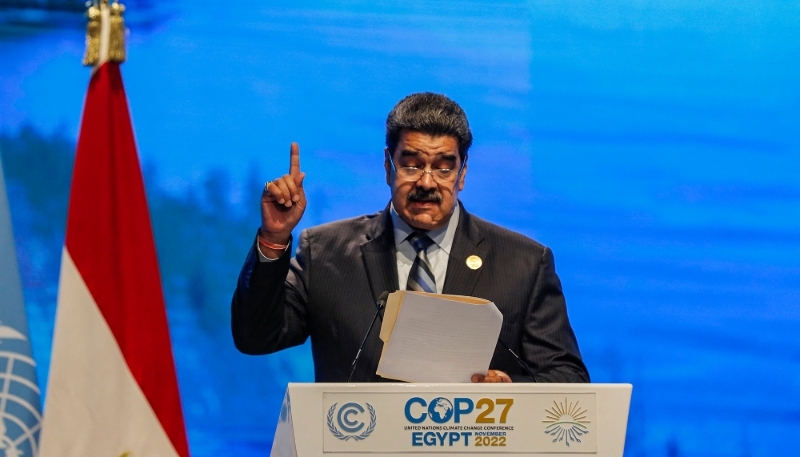Venezuelan President Nicolás Maduro and his Vice President have launched a new diplomatic and economic mission to Africa, seeking to deepen ties with the continent’s leading oil-producing nations. The visit comes at a time when Venezuela’s hydrocarbons sector is under immense strain due to U.S. sanctions, which have severely restricted its access to capital and international markets.
Once one of the world’s energy powerhouses, Venezuela now finds itself struggling to keep production afloat. With limited options in the West, Caracas is turning toward Africa—home to some of the most promising energy reserves in the world—as a potential lifeline.
Africa in the Crosshairs
Maduro’s delegation is expected to engage with governments in Nigeria, Angola, and Equatorial Guinea—nations with long-standing experience navigating the challenges of oil dependence. Venezuela is offering collaboration in areas such as exploration, state-led energy management, and investment in oil infrastructure. In return, Caracas hopes to secure partnerships that could breathe life into its declining petroleum sector.
For African leaders, the Venezuelan outreach offers both opportunities and cautionary lessons. On one hand, South–South cooperation could lead to shared strategies that break dependence on Western oil majors and promote more sovereignty over natural resources. On the other hand, Venezuela’s track record of mismanagement and crumbling oil infrastructure raises questions about whether such an alliance would yield sustainable benefits.
An old Liberian proverb says, “If the town eats a man, the bush will not spare him.” The meaning is clear: nations weakened at home may find little refuge abroad unless they come prepared with true solutions. Venezuela’s challenge will be to show African leaders that its outreach is more than just survival politics.
Geopolitics of Survival
This mission reflects a broader trend across the Global South: countries isolated by Western sanctions are increasingly forging alliances with one another. For Africa, this could be an opportunity to redefine its role in the global hydrocarbons order—not simply as a supplier of raw resources, but as a shaper of energy policy and future markets.
A Nigerian proverb warns, “When the right hand washes the left hand, and the left hand washes the right, both hands are clean.” Partnerships between Africa and Venezuela could be mutually beneficial if they are built on fairness, equity, and respect. But if either side enters with hidden motives, the result could simply be another exploitative arrangement that benefits elites rather than communities.
The Road Ahead
As Maduro’s team moves across Africa, Pan-African observers remain watchful. Will this mission inspire genuine cooperation that uplifts communities on both continents? Or will it be remembered as yet another attempt by a struggling state to extract value without giving back?
In the words of a Sierra Leonean proverb: “A single bracelet does not jingle.” Africa’s strength lies in solidarity—whether within the continent or in alliances across oceans. For Venezuela, survival depends not only on oil but also on whether it can truly walk the path of mutual respect with its African partners.

Leave a Reply